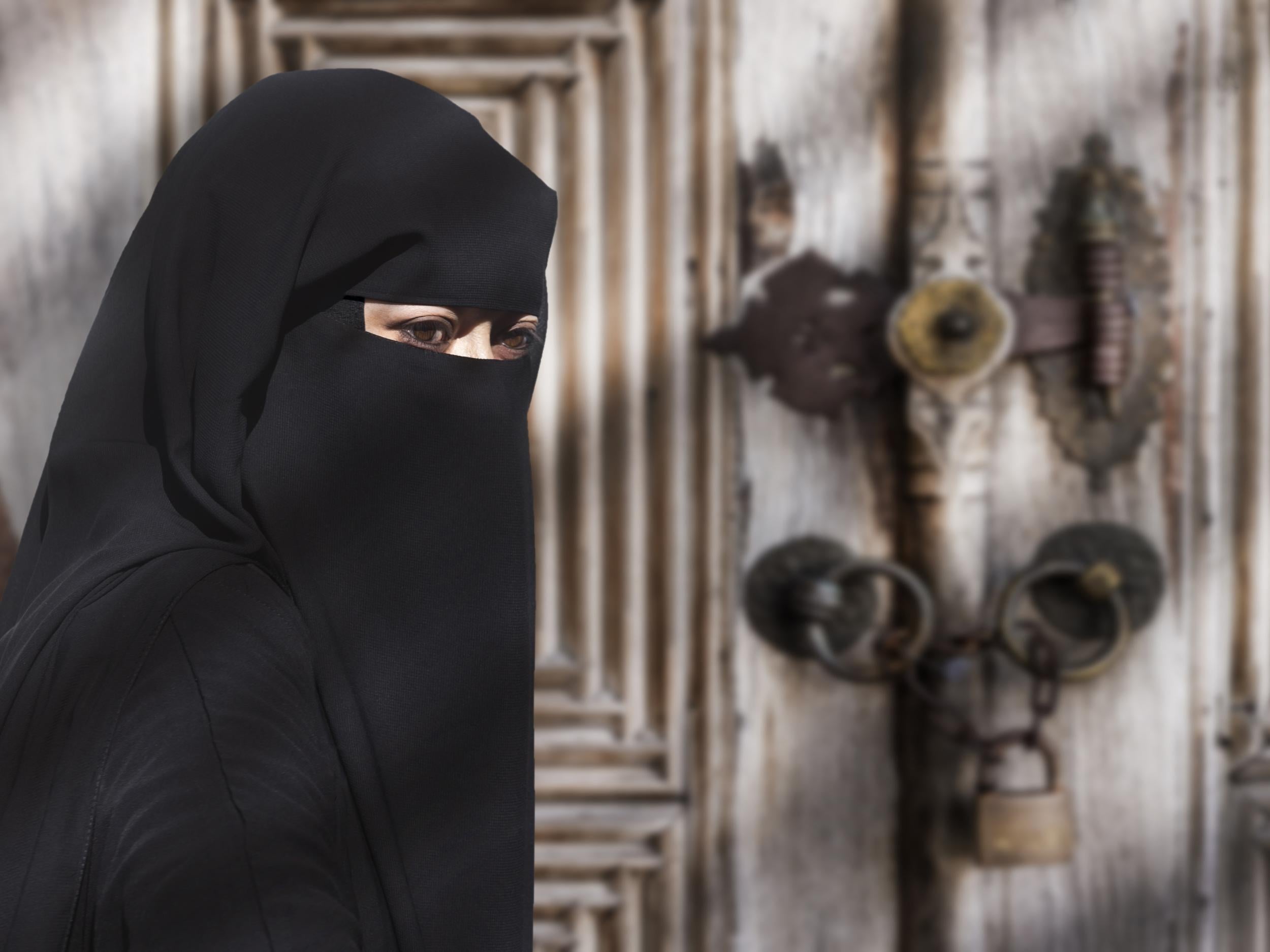Muslim face veil ban for workers is not discriminatory, Austrian court rules
Landmark decision by Supreme Court says employers can fire those who wear a veil

Your support helps us to tell the story
From reproductive rights to climate change to Big Tech, The Independent is on the ground when the story is developing. Whether it's investigating the financials of Elon Musk's pro-Trump PAC or producing our latest documentary, 'The A Word', which shines a light on the American women fighting for reproductive rights, we know how important it is to parse out the facts from the messaging.
At such a critical moment in US history, we need reporters on the ground. Your donation allows us to keep sending journalists to speak to both sides of the story.
The Independent is trusted by Americans across the entire political spectrum. And unlike many other quality news outlets, we choose not to lock Americans out of our reporting and analysis with paywalls. We believe quality journalism should be available to everyone, paid for by those who can afford it.
Your support makes all the difference.Preventing an employee from wearing a veil is not discriminating against them, one of Austria’s highest courts has ruled.
In the landmark decision, Austria’s Supreme Court (OGH) said that if clothing prevents communication, an employer may legally dismiss them.
The decision was made in the case of a woman who already wore an Abaya, which is an Islamic overgarment, and headscarf, but who was fired after she told her boss she wanted to wear a veil covering her face.
In addition to her claim of unfair dismissal, the woman says her employer made discriminatory remarks about her because of her islamic clothing. Her boss reportedly said she was undergoing an “experiment in ethnic clothing” and she wearing a "disguise".
A lower court had previously ruled that it’s likely she was discriminated against, but it needed further clarification, passing the case to the OGH.
The court said although the comments were discriminatory, firing her for wearing the veil was not, because the clothing was likely to prevent her communicating with others. The court then awarded her just £1,000 (€1,200) of the £6,000 ( €7,000) in damages she was seeking.
The Islamic veil is the subject of fierce debate in Europe — many member states have legislated against it. The first country to ban the veil, France, now fines women who violate the law. Belgian has followed suit, and local bans on the veil are now in place in Switzerland and Italy.